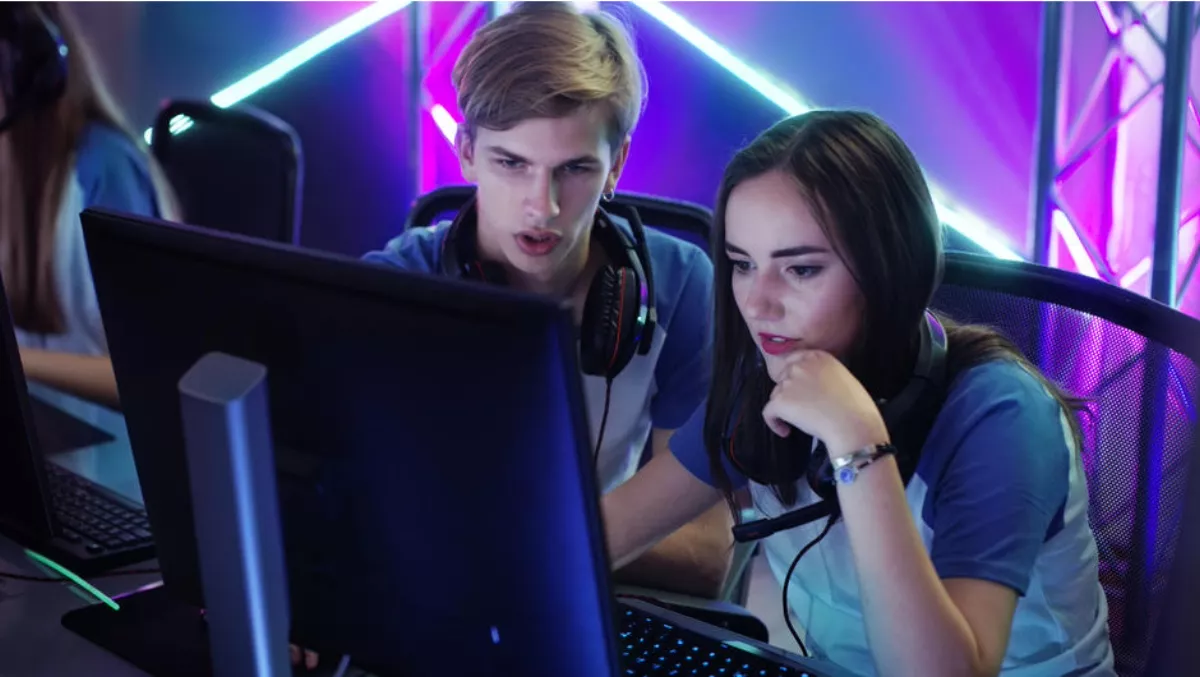
NZ's game development industry is booming - and it needs you
New Zealand's game development industry is booming, with both exports and employment in the sector climbing rapidly over the last year.
Not only has employment in the sector grown 10% to 550 full-time roles, but game developers have also earned a 'record' $143 million in the last financial year.
According to the survey by Tim Thorpe Consulting, 93% of that revenue came from what it calls 'exports of digital creative entertainment software'.
And it's no surprise – earlier this year global games giant Tencent handed over more than $100 million to buy local game studio Grinding Gear Games.
Bloons Tower Defence 6 by West Auckland-based Ninja Kiwi also became the number one paid app in the world, ranking above Minecraft, on both the Apple and Android app stores when it launched in June.
New Zealand Game Developers Association chairperson Michael Vermeulen says interactive entertainment combines two of the country's most successful exports: creativity and code.
"The ten largest studios earned 94% of the revenue and employed 81% of the industry, and are eight years old on average. While those trailblazers have proven that games can be a sustainable and profitable business, we're not seeing a pipeline of new fast-growing studios to join their ranks."
"Since we're competing in a global market New Zealand should have significantly more large studios. Our potential isn't limited by New Zealand's size," says Vermeulen.
According to the survey, 63% of polled studios expect to grow more than 10% in the coming year. Many successes in the industry are also coming from their own creativity, rather than contract work for Hollywood studios or publishers.
But this approach comes with drawbacks. Although it's the most profitable, it also requires more development and marketing, which is lacking in New Zealand.
That doesn't stop local studios, however - 59% of studios say they're independent self-publishers, while 20% mix contracting with their own IP. Seven percent go for specialisation in virtual reality or augmented reality.
Keen developers who want to get into the videogame industry may be in luck, as studios say they expect to employ another 130 people in the coming year.
Currently the 550 people in the sector include artists, programmers, marketing and management, game designers, quality assurance, and producers.
But the skills shortage comes with a bite: 24% of studios say shortages are slowing down their business growth. Seven studios employ 84 staff on work-supported visas – that's equivalent to 15% of the entire industry.
What's more, only 21% of employees are female. The Association runs programmes to attract and retain female game developers.
Game studios also face barriers including early-stage funding, expansion capital, the quality and experience of graduates, and attracting international projects.
New Zealand consumers spend $118.3 million on games from retail stores and $334 million on digital and mobile gaming last year.



